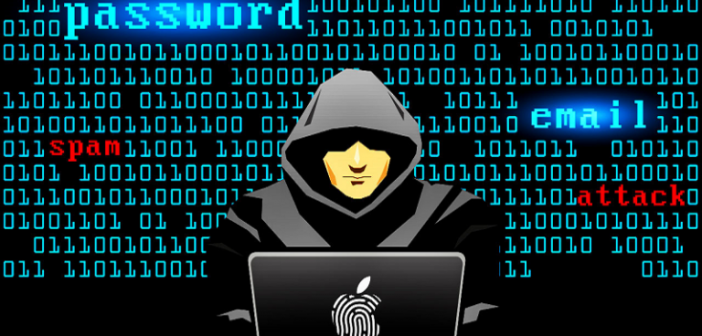
The ransom note warns: ‘Do not waste your time. Nobody can recover your files without our decryption service.’ It demands $300 (£230) worth of the digital currency bitcoins – per computer infected – within three days or the price doubles. If the ransom is not paid by Friday, the files will be wiped ‘forever’. It is currently unknown who the culprits are but it is understood criminal gangs will be investigated and it is likely Russia – which suffered the most from the attack – will form a large part of the inquiry.
Russia has been the focus of several hacking investigations in recent months, with allegations from US sources of state-sponsored attempts to influence last year’s US election.
Cyber spies Fancy Bears also operate out of Russia and have been involved in many recent hacking incidents including releasing details of athletes receiving therapeutic use of banned substances ahead of international competitions.
What are bitcoins?
The controversial web currency, dubbed ‘geek’s gold’, recently overtook the value of an ounce of gold. One bitcoin is worth £1,367. They are not physical coins and only exist in cyberspace. Users can remain anonymous, which is why they are often used for illegal activity.
Why are hospitals vulnerable?
Many computers are running very out-of-date software which can have serious security flaws. At least ten health trusts still rely on the Windows XP operating system, released in 2001.
Why target hospitals?
This is viewed as ‘unethical’ by some hackers, but hospitals are increasingly being seen as easy targets who will pay up quickly because getting systems running is a matter of life and death.
Who are the prime suspects?
Sources said the attack pointed to a criminal network rather than a state. Security insiders have vowed that the Government will not pay a ransom. Hackers in Russia, China, Ukraine and Taiwan have been pioneering ransomware lately.
How can attacks be prevented?
Software should be kept up to date. Anti-virus programs can also be used to ‘clean’ malicious software from a computer.
